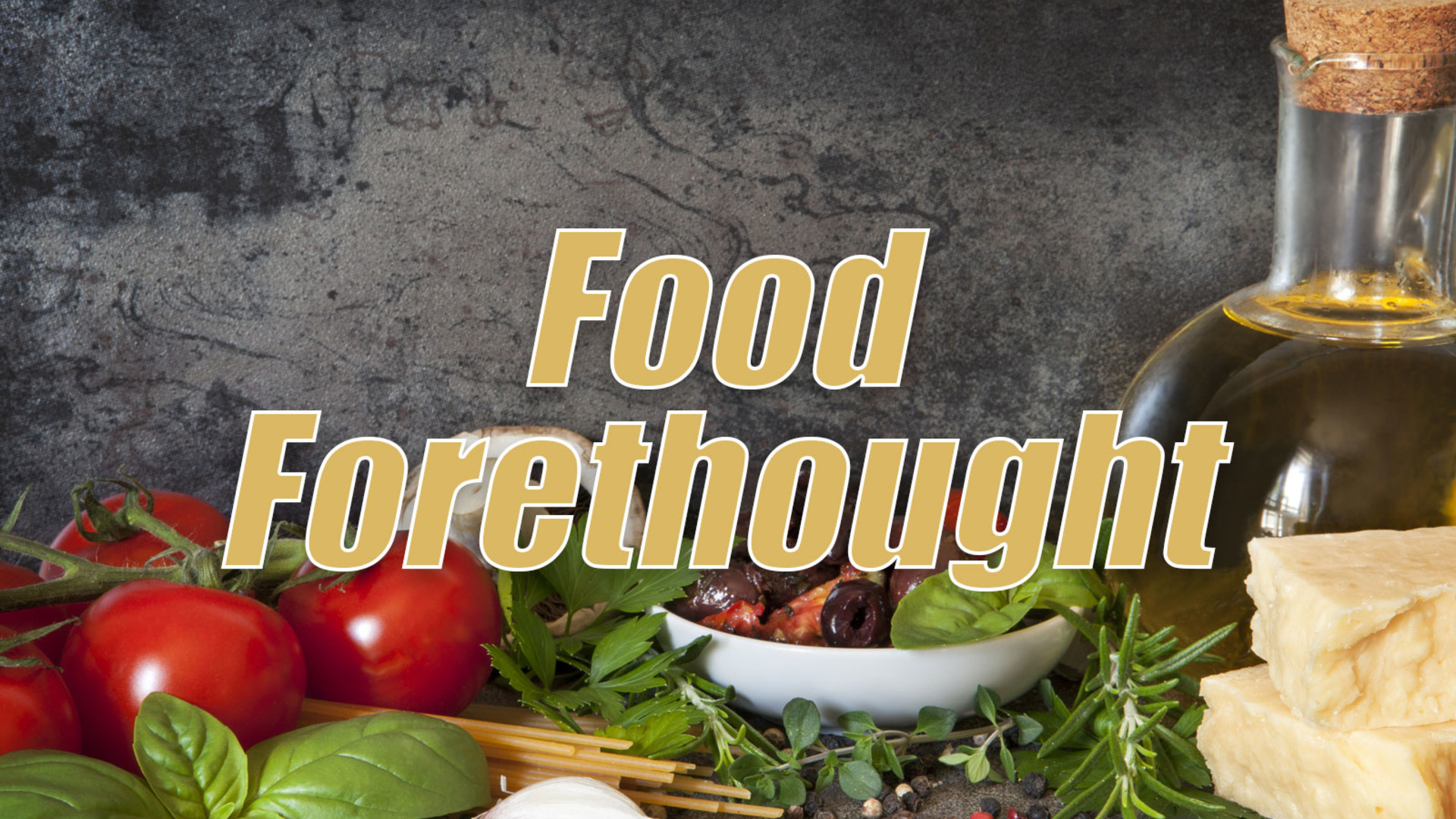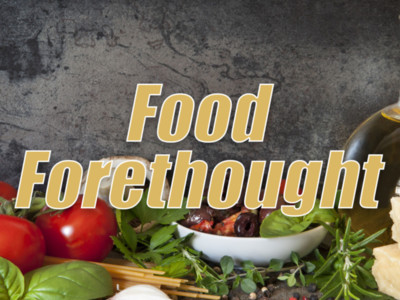Agflation
Agflation is defined as “an increase in the price of food that occurs as a result of increased demand from human consumption and use as an alternative energy resource”. In 2008 a shortage of the staple grains wheat and rice caused worldwide panic. Now, with the worst drought hitting the U.S. in decades affecting feed intensive crops such as corn and soybeans, prices for meat and dairy products are expected to reach record highs in 2013. According to a report by Rabobank’s Food and Agribusiness Research and Advisory group last month agflation is set to return, but "the impact on the poorest consumers should be reduced this time around, as purchasers are able to switch consumption from animal protein back towards staple grains like rice and wheat.” Currently, these commodities are thirty percent cheaper than they were at their 2008 peaks. The report also goes on to say that it’s a distinct possibility that stockpiling and export bans will go into effect the end of 2012 and 2013 as governments attempt to protect consumers from rising food prices, but that such actions could ultimately lead to even higher commodity and food prices.














